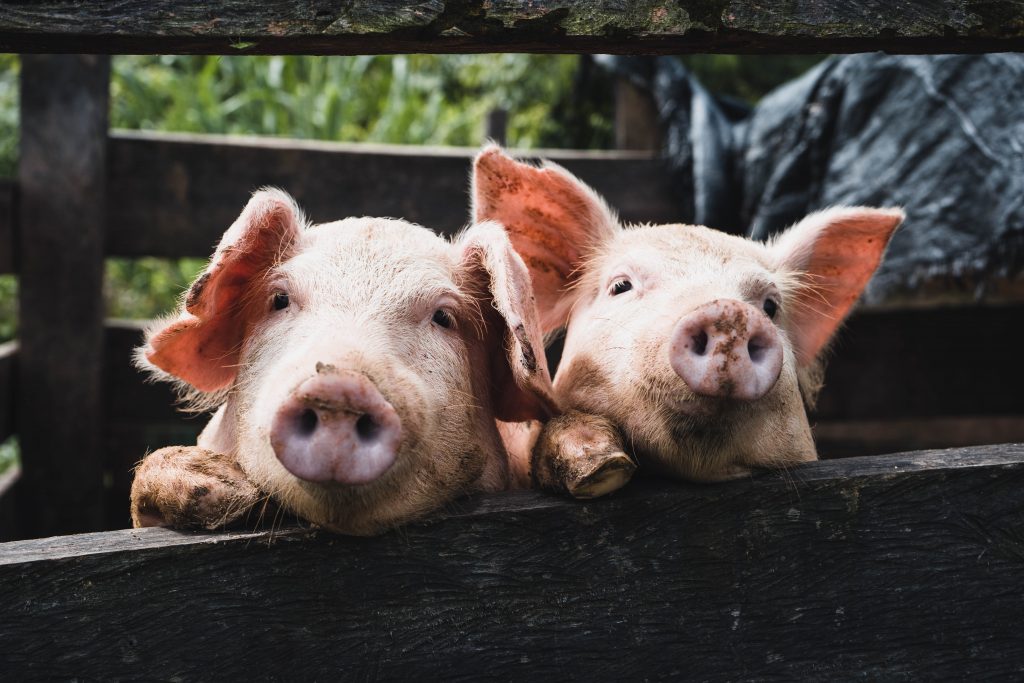

On November 2, 2024, U.S. Congressman Mike Thompson was presented with the American Farm Bureau Federation’s 'Friend of Farm Bureau' award by Shannon Douglass, President of the California State Farm Bureau. This recognition was for Thompson's dedicated service to farmers during the 118th Congress. During the award ceremony, Thompson emphasized the critical role of the agriculture community in the economy, while Douglass highlighted Thompson's support for disaster assistance, particularly for California farmers affected by recent storms and wildfires. Notably, Thompson has been involved in authoring the Emergency Relief Program legislation and voted for the Inflation Reduction Act, which allocated significant funding for forestry, conservation, rural development, and drought relief, totaling billions of dollars. [270dbc55]
However, Thompson's recognition comes at a time when his House Farm Bill is facing considerable criticism from organizations like the Organization for Competitive Markets (OCM) and Competitive Markets Action (CMA). These groups have labeled the bill as corrupt, accusing it of favoring industrial agriculture monopolies and undermining state laws that protect independent pork producers. They are actively lobbying against the bill and urging Speaker Mike Johnson to let it die in committee. The OCM and CMA are advocating for the Opportunities for Fairness in Farming (OFF) Act, which seeks to reform the USDA's Commodity Checkoff Programs, and are also opposing the Ending Agriculture Trade Suppression (EATS) Act, which they argue would nullify state ballot measures related to agriculture. [b60a2055]
The juxtaposition of Thompson's award and the criticism of his legislative efforts highlights the complexities within agricultural policy. While Thompson has been recognized for his support of farmers and disaster relief, the backlash against his House Farm Bill reflects ongoing tensions in the agricultural sector regarding market competition and state rights. The OCM and CMA, dedicated to promoting competitive markets in agriculture, continue to voice their concerns over the influence of large corporations in shaping agricultural policy. [b60a2055]